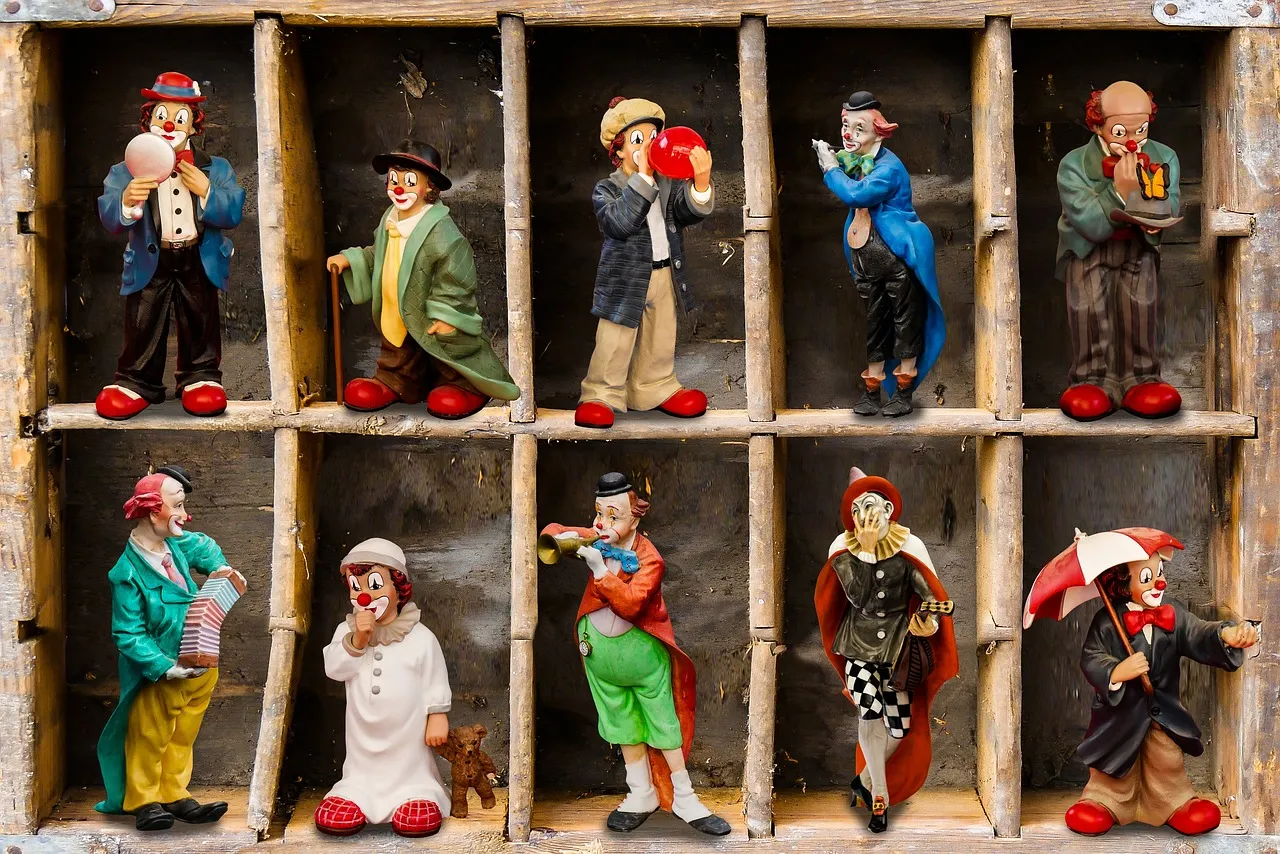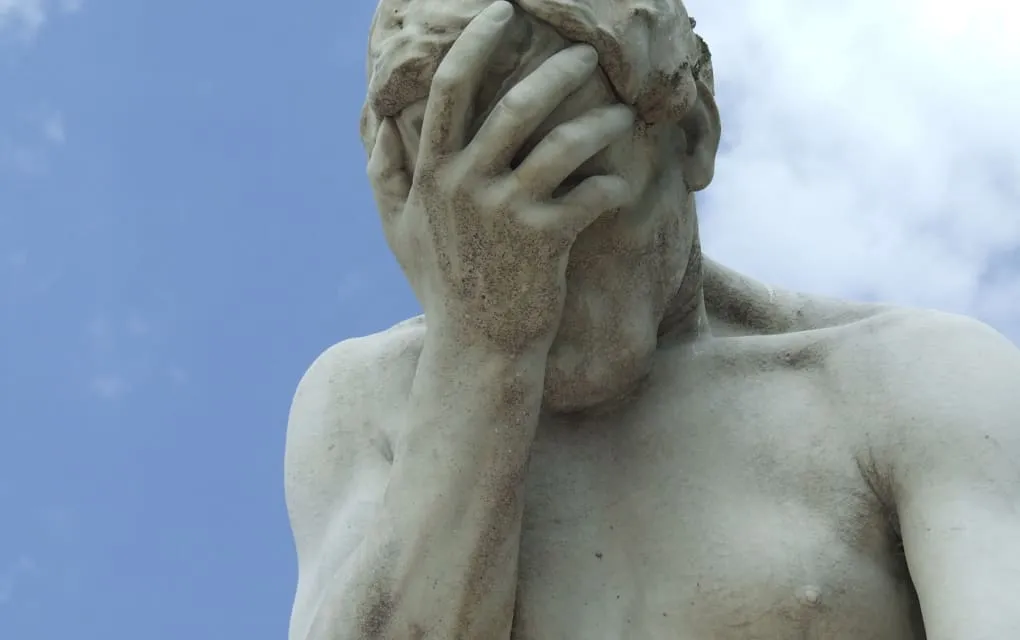I am an old lady, so my memory isn’t what it was. But even 40 years later, I still remember the name of Arthur McDuffie.
Arthur McDuffie, a black insurance salesman and Marine veteran riding a motorcycle in Miami, was 33 in 1979. He didn’t get to be any older because white Metro Dade County police officers beat him to death in front of a crowd of witnesses — a literal crowd. The initial story was that McDuffie had run a red light, led police on a high-speed chase, and had died in a motorcycle mishap. The truth was something different.
McDuffie’s skull had been crushed “like an egg” when the police beat him so badly with their batons and fists; he later died without ever coming out of a coma. Frightened by what they had done, one officer was told to run over McDuffie’s motorcycle with a police cruiser to make the evidence fit their fictitious story. In a deposition, an ex-policeman testified that McDuffie “looked like somebody painted his face with a can of red paint. They hit him in vengeance. Everybody was beating this guy upside his head.” Not four officers — more.
There were up to 100 witnesses at the scene; one or two of the cops turned state’s evidence. None of that mattered: an all-white jury in Tampa acquitted the four cops who were charged out of the dozen who participated.
The documentary When Liberty Burns details what really happened to Arthur McDuffie and the aftermath: the acquittal and the ensuing four days when Miami burned due to riots — rebellion, we’d call it today. A street was eventually renamed for McDuffie. But the promised investment in black neighborhoods in super-segregated Miami never came.
On the 25th anniversary of the death of Arthur McDuffie, The Sun-Sentinel (mostly based in neighboring Fort Lauderdale) interviewed Major Charles Nanney, then head of the Miami-Dade department’s Northside Station in black Liberty City.
“I can tell you there were a lot of police officers who had no business being police officers back then,” Nanney told the reporter in 2005. “Now, we drill in them from the very beginning that that former attitude won’t be tolerated. I always tell my officers that if I ever catch them saying anything rude or doing anything, [they’re] barbecue.”
That was 15 years ago. So, yeah. Right. How’s those new reforms and that new attitude working for ya, Miami?
- Miami cop suspended after kicking man in head on video
- Miami cops broke state law by strip-seaching woman in broad daylight
- Miami cops accused of choking innocent youth mentor after already catching the real burglary suspect next door
- Miami sued after cop kills unarmed homeless man in front of 50 kids in park
There may be police departments where the culture can be changed, where reforms can work. But it’s also true that there are places where the police culture is so toxic that reforms don’t have a chance.
Just ask Arthur McDuffie.
–30–
Comments







